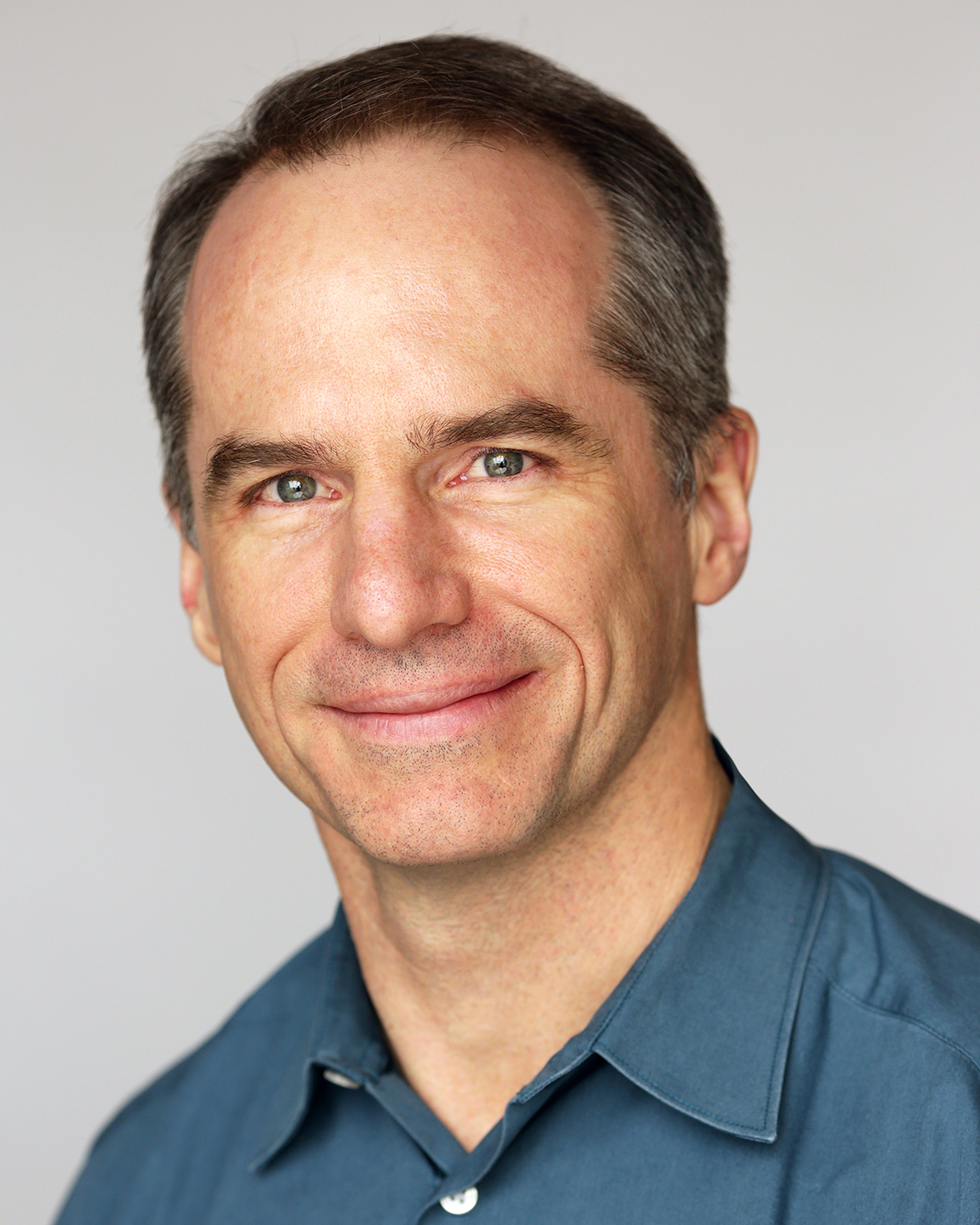
PARO’s Clinical Teaching Award recognizes the essential role that good clinical teachers play in the training of new physicians
Dr. Edward Etchells, University of Toronto
Dr. Etchells is the Medical Director of Information Services, and a staff physician with the Division of General Internal Medicine at Sunnybrook Health Sciences Centre. He is a senior mentor at the Centre for Quality Improvement and Patient Safety, and a professor of medicine at the University of Toronto. His creative professional interests are reducing medication errors and enhancing usability of clinical software. In his spare time he enjoys decoding cryptic crosswords and struggling at yoga.
What has fuelled your passion for teaching?
I enjoy teaching for two main reasons. First, it gives me the chance to be around really smart people. I believe that I’ve learned just as much from the residents as they do from me. My medical education became out of date in the late 1980s after I graduated, so teaching is a great source of continuing education for me. Second, it really forces you to know your stuff. If you can’t explain clearly what you’re doing to someone else, then you don’t really understand what you’re doing.
If your learners only remember one thing you’ve taught them, what would you want that to be?
You can always offer a kind word. We take care of a lot of patients who have incurable problems and sometimes toward the end of life, people will say things like “We don’t really have anything to offer this patient.” But that is never the case. My usual response when I hear that is you can always say something nice.
In these challenging times of COVID-19, can you share your perspective about teaching residents?
I miss the personal interactions that we have especially because a lot of the teaching that I do is related to the physical examination of the patient. Having said that, you just have to adapt. For example, last week we decided we would just pick one good learning point of the day, we call it ‘the case of the day’, and we would just share it by email and talk about it like we normally would. Another fun thing was virtual education day for the residents and I did a bunch of neurology teaching using Zoom technology. It wasn’t quite as good as the real thing, but it went well and it was fun.
How does the currently popular phrase “we’re all in this together” apply to the community of residents you have spent the last few years with?
What we do is often referred to as “team medicine.” We’re a group of doctors and learners taking care of a group of patients and we really emphasize the teamwork function. When I meet with the residents at the start of a team medicine block, I tell them I’m just another doctor on the team. One of the features of a good team is that they share a common, understood goal and for us, that’s to take excellent care of the patients, and that’s all that matters.
What advice would you give to a doctor new to the role of clinical teaching?
1) Don’t try to do anything else. When you’re on a teaching rotation, you have a responsibility to take good care of the patients and you have a responsibility to teach the learners. Those are two full-time jobs, so don’t try to squeeze other things in. You have to commit, otherwise it’s not as enjoyable.
2) You’ll never get it right the first time. Ask the learners for feedback on what they liked about the session, what they didn’t like and really listen to the questions they’re asking. This will help you refine the session for next time. Over time, you will develop your mastery of teaching select topics.
3) You have to be humble. You can’t possibly be an expert in everything. I always tell my residents which topics I’m really good at, and those that I’m not so good at. I’m just as respectful of the learner’s knowledge and experience and that’s part of what it means to be a good teacher.
Do you have a personal mantra that inspires your love of medicine?
One thing I learned from one of my really good teachers is that you’re only as good as the last patient you took care of, which means every day you have to keep at it. You have to be constantly improving yourself because you’re here to provide a service and help people. It’s the best job in the world.
Finish this sentence: A great role model is someone who… makes you want to be like them. One thing a resident told me 20 years ago, she actually said to me at the end of rotation “I want to be like you”—and that was pretty awesome.


